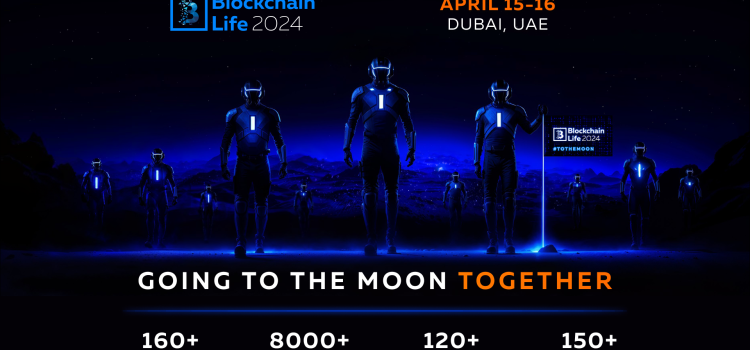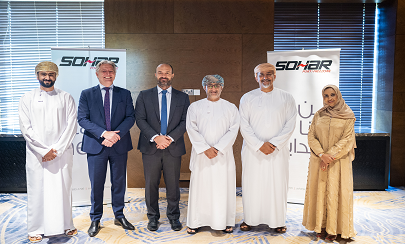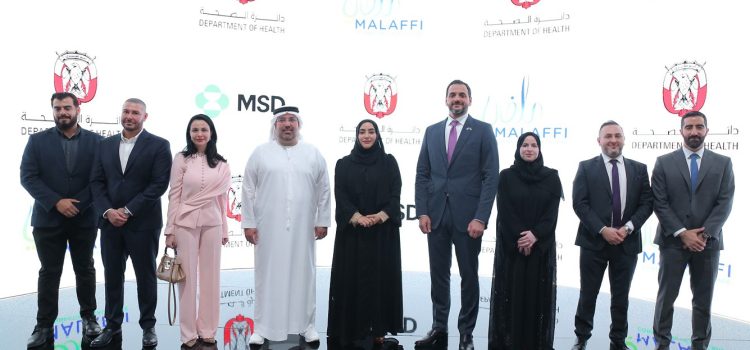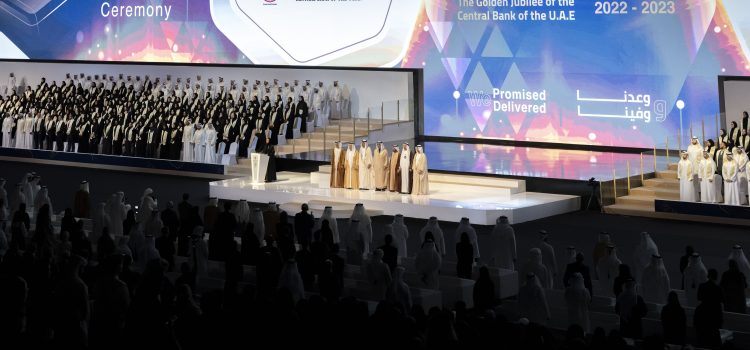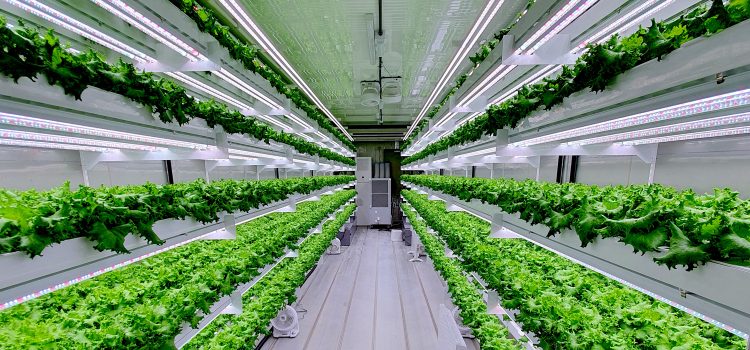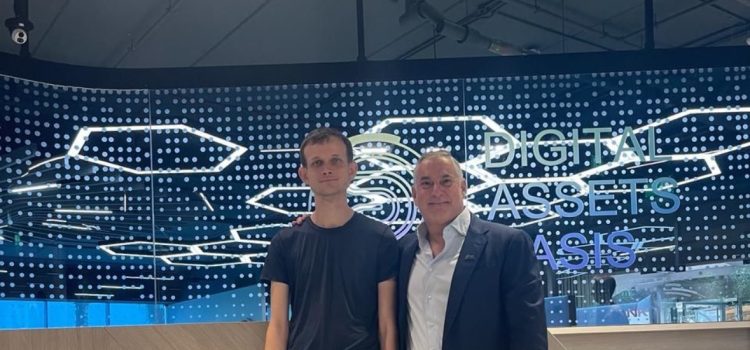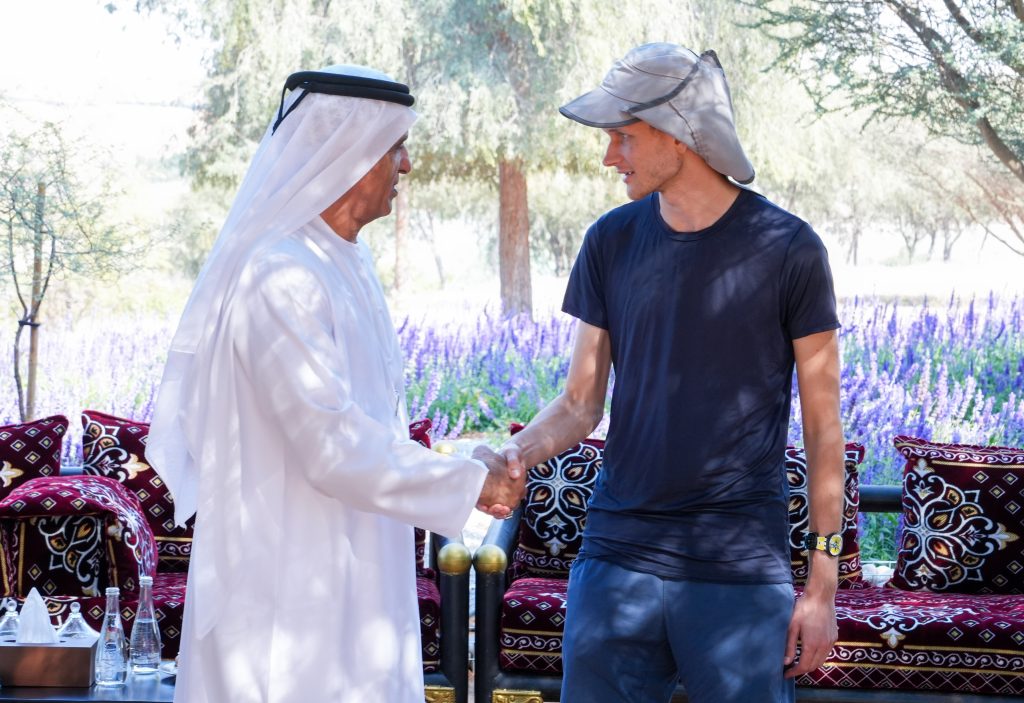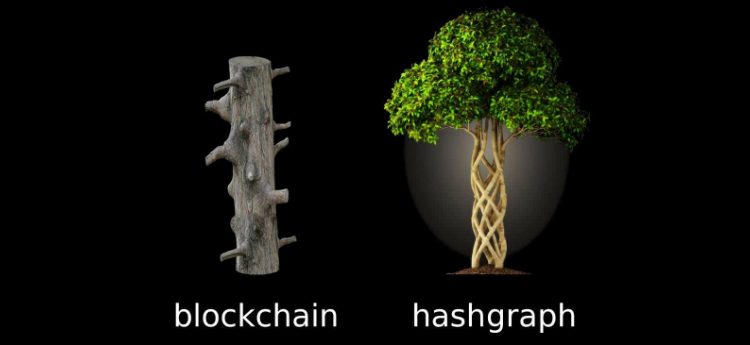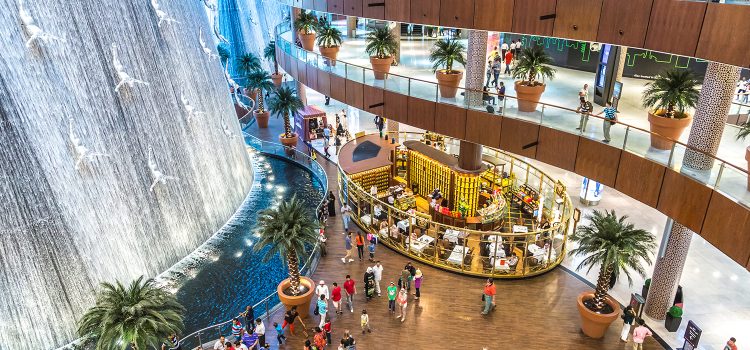UAE Zayed University researchers have published a new research report under the title, “Investigating the Failure of the Blockchain Technology and Suggested Recommendations”, recommending the consensus algorithm underlying the Hedera network, hashgraph, as the best Distributed Ledger Technology (DLT) to utilize.
Ala’ Al Hilal a Professor at UAE Al Zayed University, and his colleagues undertook a comprehensive investigation of the strengths and shortcomings of blockchain technology, while showcasing DLT as an alternative that can offer more viable solutions than blockchain to both public and private.
As per the research, one of those promising alternative DLT platforms is hashgraph. Unlike traditional blockchain platforms, which use a chain of blocks to record transactions and rely on miners to validate those transactions, hashgraph uses a Directed Acyclic Graph (DAG) to record transactions and relies on a consensus algorithm to validate them. A thorough comparative analysis was conducted between these two technologies to determine which would emerge as the dominant technology in the market. The research found that the primary distinction between Hashgraph’s DLT and traditional blockchain technology is in their approach and structure. While blockchains store data in blocks linearly, hashgraph uses a directed acyclic graph to store and process information. Both DLTs are decentralized, with each node having a copy of the ledger and sharing any changes.
The research report compares speed, efficiency, fairness, and awareness between traditional blockchain platforms and DLT solutions. In terms of speed, it was found that hashgraph can process approximately 500,000 transactions per second by utilizing the Gossip method. On the other hand, some blockchain networks can only achieve a maximum speed of around 10,000 transactions per second. As such, hashgraph is faster than blockchain as it requires less information to be disseminated across the network as more events occur.
When it comes to efficiency on blockchain networks, users may encounter difficulties when working on a block, particularly when two blocks are submitted simultaneously. In such cases, one of the blocks must be discarded, which can lead to a less efficient network. In contrast, hashgraph does not require block creation and instead relies solely on events, making it a more efficient option.
Regarding fairness, researchers found that on a blockchain, users can select which orders they want to process or halt. This can lead to a lack of fairness for those who are using the network or who are connected to it in any way. Conversely, hashgraph approaches fairness differently. It randomly allocates nodes and uses consensus time stamping to prevent interference and enhance the effectiveness of transaction ordering.
Ala’ Abu Hilal stated, “The primary motivation behind my research was to explore decentralized technologies and their potential applications for enhancing the security and scalability of decentralized applications. Thus, I chose Hashgraph specifically for its unique consensus mechanism, high throughput capabilities, and notable features.” He adds, “As for future research, I do indeed plan to delve deeper into the applications and implications of hashgraph technology, aiming to provide a more comprehensive understanding of its capabilities and potential impact.”
The research paper assesses that “Hashgraph has the potential to supplant traditional blockchain platforms as the leading technology. We anticipate that hashgraph will achieve widespread success and popularity without necessarily replacing existing technologies due to its patented algorithm, superior scalability, and faster consensus mechanism; hashgraph has the potential to overcome many of the shortcomings of blockchain.”
Kamal Al Youssefi, commenting on the Zayed University research report, stated, “This research report backs up what we know to be true about the advantages of Hedera’s DLT. The Hashgraph Association’s work in the MENA region to support startups, government, and enterprise projects both in terms of funding as well as technology and business advisory services will help increase adoption of hashgraph. As concluded by the researchers, we are firm in our belief of the power of hashgraph technology to offer an impactful substitute to blockchain.”











